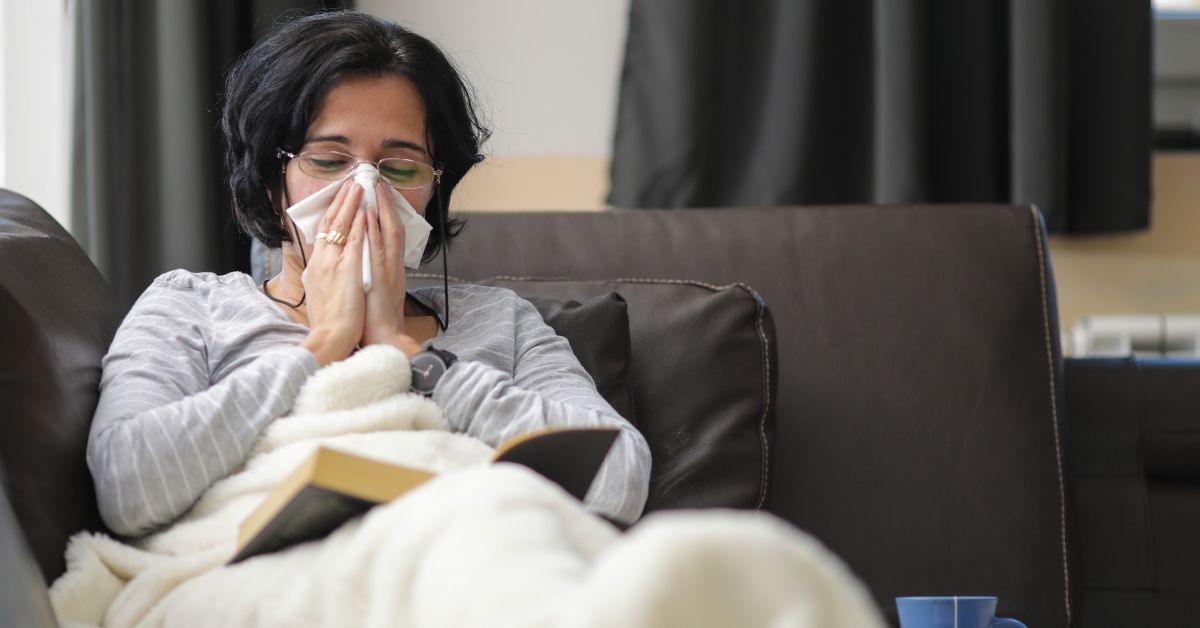Springing ahead for daylight saving time comes with some obvious headaches – mainly the disruption to your sleep cycle. But when the fall time change comes around, daylight saving time ends and we all get the coveted “extra hour” of sleep.
While this sounds great, there can be some health hiccups that come with the season. We sat down with Kimberley Lingler, MD, with Bon Secours Chester Family Medicine, to discuss some tips for coping with the fall time change.
“Daylight saving is not just an interruption to our alarm clocks but also to our internal clocks,” she states. “Over the following week or more, the time shift leads to a decrease in our sleep quality as we adjust.”
First, get exposed to more sunshine.
The extra hour of sleep can come with a price – it will get darker sooner. Take advantage of the limited time the sun is out by soaking it in during these last few days when you can. Getting an appropriate amount of sun in your life can help boost your energy levels and keep you feeling happy.
“People try to counteract fatigue from the time change by increasing their caffeine intake and lowering quality calories,” Dr. Lingler notes. “Typically, we see an uptick in car crashes and other accidents around time changes.”
Second, help your kids adjust.
If you have young children, any disruption to their routine – no matter how small – can cause issues. Prep them ahead of time for the fall time change by going to bed a little later in the days leading up to it. That way, the change won’t be as noticeable for them.
“Sleep deprivation can lead to hormonal changes that can affect appetite and cravings, which can subsequently lead to overeating,” Dr. Lingler says.
Third, stick to a bedtime routine.
It’s important to create and stick to a bedtime routine all year long, but especially during the time changes.
Here are some tips for better sleep:
- Limit your screen time before bed
- Cut off caffeine a few hours before you’re planning on sleeping
- Use a sleep mask or earplugs to limit distractions
- Eat a nutritious dinner
- Have a consistent sleep schedule on both weekdays and weekends
Dr. Lingler adds, “Aim to get as close to a normal amount of sleep as possible as we change those clocks, both alarm and internal.”
And remember, you can also use daylight saving time as an annual health reminder!
The fall time change isn’t the only time we reset our clocks. The time changes happen twice every year – so use them to your advantage.
Let the time changes act as reminders to schedule your yearly exams. On the day the clocks change, use the extra hour to schedule your well visit or health care screenings so you’re all set for the coming year.
“All of these changes play a role in increasing health risks,” Dr. Lingler shares. “Daylight saving time changes lead to higher risks of depression, stroke, heart attack, cancers, diabetes. It’s important to be mindful of how your body and mind react to these.”
Learn about the primary care services we provide at Bon Secours.





